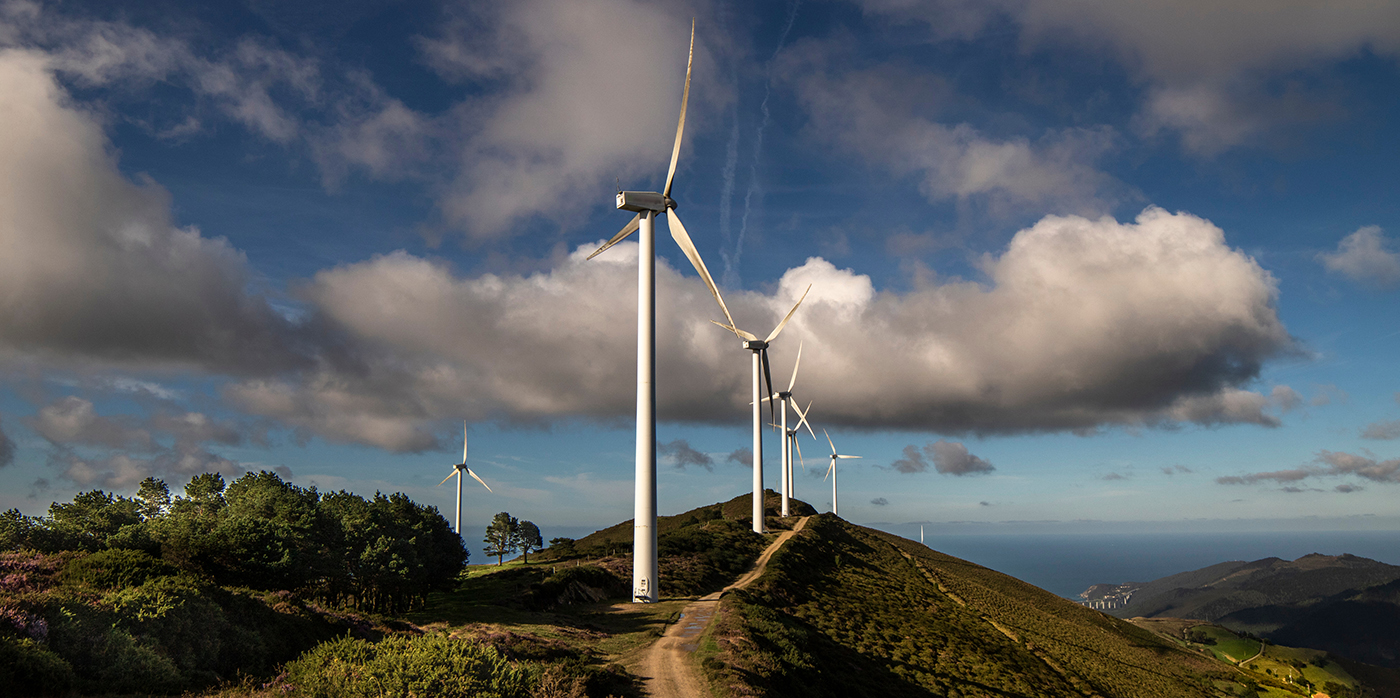DFG Priority Programme: a Contribution to the Realisation of the Energy Transition (SPP 2419)
Three-year research grants for interdisciplinary research projects dedicated to optimising thermochemical energy conversion processes for the utilisation of hydrogen-based renewable fuels, with a focus on the use of additive manufacturing.
In March 2022, the Deutsche Forschungsgemeinschaft (DFG – German Research Foundation) established the Priority Programme ‘A Contribution to the Realisation of the Energy Transition: Optimisation of Thermochemical Energy Conversion Processes for the Flexible Utilisation of Hydrogen-based Renewable Fuels Using Additive Manufacturing’ (SPP 2419). The programme is designed to run for six years and comprises two funding periods of three years each.
Acknowledging the need to use carbon-free chemical energy carriers such as hydrogen and ammonia in high-temperature thermochemical processes in order to enable the transformation of the energy system towards a carbon-neutral energy conversion, this Priority Programme aims to develop domain-specific knowledge and methods, to create an interdisciplinary research field between combustion science and manufacturing, and to demonstrate the approach both computationally and experimentally.
The Priority Programme takes a new interdisciplinary approach that links the competences of combustion science and additive manufacturing (AM). The programme sets out to broaden the understanding of combustion fundamentals as well as the integration of modern 3D manufacturing processes and simulation-based design, and use and adopt AM-suited materials to improve the flexibility, efficiency, and emissions in thermochemical energy conversion processes.
The programme’s overarching objectives include:
- Establishment of high-temperature-resistant 3D-printed burner and combustion chamber concepts on a laboratory scale using multi-material processes and new concepts for temperature control of high-temperature-resistant materials (eg, nickel-based superalloys, refractory metals).
- Automation and further development of sensor-integrated measurement technology.
- Automatic optimisation of combustion devices for industrial implementation with fuel flexibility up to 100% hydrogen or hydrogen/ammonia mixtures.
- Computer-aided upscaling of thermochemical-energy conversion plants for the energy transition.
The programme’s first funding period focuses on fundamental aspects and development of concepts. Further details on the particular thematic focus of the call are available in the DFG call announcement.
Eligible to apply are researchers who work in Germany, or at a German research institution abroad, and who have completed their academic training (usually with a doctorate). The participation of researchers based outside Germany is permitted if their project is of added value to the programme at large.
Funding is available for a period of three years and covers project-related costs such as personnel, materials and instrumentation.
The deadline for the submission of project proposals is 29 November 2022.
(This report was the subject of a RESEARCHconnect Newsflash.)

